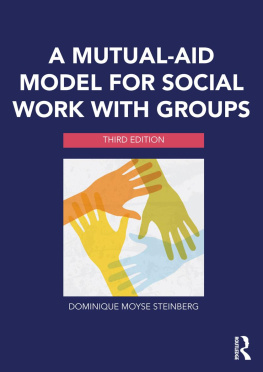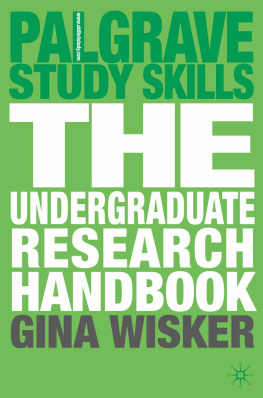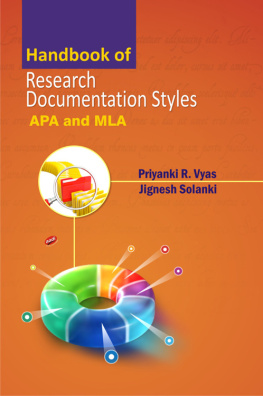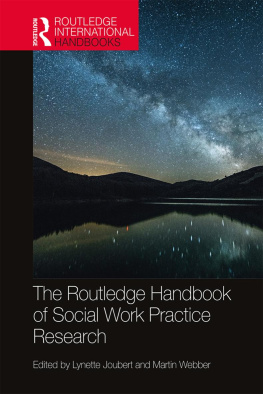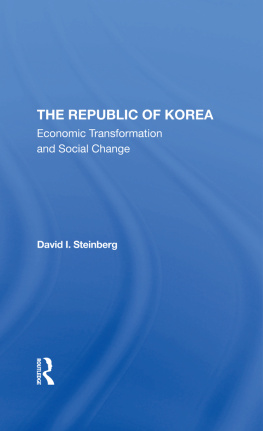
THE SOCIAL WORK STUDENTS RESEARCH HANDBOOK
This second edition of The Social Work Students Research Handbook provides an essential guide for social work students beginning to participate in research. Practical and easy to use, this comprehensive handbook provides instant access to the nuts and bolts of social work research. Each chapter in this second edition has been updated to reflect the dynamic and changing nature of social work research, and three new topical chapters have been included that offer new food for thought on research context and ethics and on the role of evidence in professional practice.
The book is intended as a resource to complement the dense and heavy research books available. This text provides the tools that students need to fully engage with their research and is an essential reference aid for use alongside professional literature for selecting a problem for social work study with consideration of context and ethics; identifying a design type; developing or selecting an instrument; developing a sampling strategy; collecting and analyzing data; and organizing, writing, disseminating, and utilizing results in a politically sensitive way.
The Social Work Students Research Handbook is an invaluable resource for undergraduate and graduate social work students as well as practitioners new to the field as they apply what theyve learned in research courses toward consuming research effectively, implementing original research projects, and ultimately, becoming an evidence-based practitioner.
Dominique Moyse Steinberg is former Chair of the Social Group Work Sequence at Hunter College School of Social Work, USA, where she taught Social Group Work Practice for Group Work Majors, a Practice Lab, Research Methods, (Basic, Advanced, and Program and Practice Evaluation) and an Integrative Writing Seminar. On the adjunct faculty as of 1986, Steinberg left HCSSW in 1997 to teach at Smith College SSW until 2004, when she returned to HCSSW full time, assuming Chair of the sequence in 2005. A prolific writer with regular contributions to the professional literature, Steinberg has special interest in social work methods, mutual aid, practice ethics and effectiveness, elder care, conflict resolution, and communication. On the Editorial Boards of Social Work with Groups and The Journal of Teaching in Social Work, in addition to being a member of IASWG since 1985 and Treasurer of IASWG since 2007, Steinberg is also a member of NASW and ACR, and an ACSW Fellow. She currently teaches graduate research courses for Simmons College SSW online, advises thesis projects for Smith College SSW, offers elder-care resources online (www.customeldercare.org), and is Director of Group Work Services for The Project for Team Conferencing and Social Group Work, Inc., a non-profit training agency in New York City (http://theteamconferenceandgroupworkproject.org).
THE SOCIAL WORK STUDENTS RESEARCH HANDBOOK
Second edition
Dominique Moyse Steinberg
First published 2004
by The Haworth Social Work Practice Press, an imprint of The Haworth Press, Inc.
Alice Street, Binghamton, NY 13904-1580.
This edition published 2015
by Routledge
2 Park Square, Milton Park, Abingdon, Oxon OX14 4RN
and by Routledge
711 Third Avenue, New York, NY 10017
Routledge is an imprint of the Taylor & Francis Group, an informa business
2015 D. M. Steinberg
The right of Dominique Moyse Steinberg to be identified as author of this work has been asserted by her in accordance with sections 77 and 78 of the Copyright, Designs and Patents Act 1988.
All rights reserved. No part of this book may be reprinted or reproduced or utilized in any form or by any electronic, mechanical, or other means, now known or hereafter invented, including photocopying and recording, or in any information storage or retrieval system, without permission in writing from the publishers.
Trademark notice: Product or corporate names may be trademarks or registered trademarks, and are used only for identification and explanation without intent to infringe.
British Library Cataloguing-in-Publication Data
A catalogue record for this book is available from the British Library
Library of Congress Cataloging in Publication Data
Steinberg, Dominique Moyse, author.
The social work students research handbook / written by Dominique Moyse Steinberg. -- Second edition.
pages cm
Includes bibliographical references and index.
1. Social service--Research--Handbooks, manuals, etc. 2. Social service--Research--Methodology. 3. Social work education. I. Title.
[DNLM: 1. Social Work--education. 2. Research Design. HV 11]
HV11.S77 2015
361.3072--dc23
2014049452
ISBN: 978-1-138-84409-4 (hbk)
ISBN: 978-1-138-91082-9 (pbk)
ISBN: 978-1-315-73062-2 (ebk)
Typeset in Bembo
by Saxon Graphics Ltd, Derby
I dedicate this book to my late husband, Irwin Steinberg, with gratitude for forty years of lionhearted support.
CONTENTS
Ten years after writing the first edition of this handbook, social work research courses continue to be required by the Council on Social Work Education; engaging in scientific inquiry is ever more specifically required by the National Association of Social Workers Code of Ethics; from all corners of the globe come calls for evidence-based practice, and the literature abounds with articles and books about the nature, role, and meaning of evidence in social work. Ten years ago, I said, thats a lot of attention on research! Today, I say, attention to the place of research is even more widespread, while years of continuing professional practice, teaching, and conversations with colleagues continue to suggest that most people who enter social work still do not describe themselves as scientifically minded and still come to the field frightened, even phobic, of research. In fact, it continues to be commonplace to hear social work students say that they have chosen the field because of its humanistic, experiential, and interactive values rather than because of a focus on scientific inquiry.
I still hear many students and new practitioners say, I didnt enter social work to engage in math or science I entered it to help people! And over these last ten years since the first edition of this handbook, I continue to encounter a common thread of resistance to learning (and even thinking) about researchresearch as a necessary evil of social work education. And of course, I continue to hope using this handbook will change many minds! From those who have used it, I have heard that it has in fact made learning research easierthat it has made the concepts and principles more accessible, and that as a result, students are less daunted about having to learn the subject and its role in practice. In fact, I received a letter not too long ago from a student who had been particularly resistant to the course content although she had done well. In this letter she proudly announced that she had been hired by an agency specifically to engage in research and thanked me for teaching her! What teacher could ask for more? I hope, therefore, that this handbook will help others like her to move from a position of,




